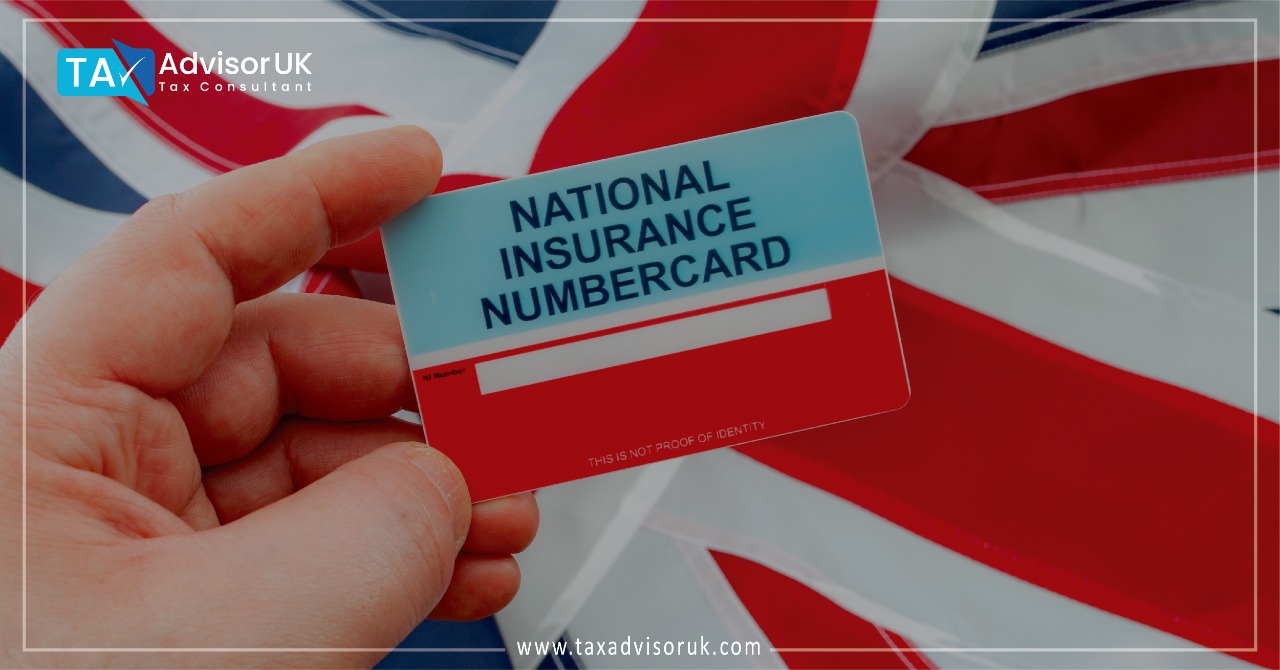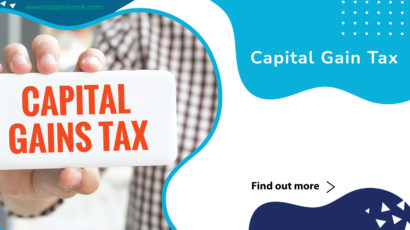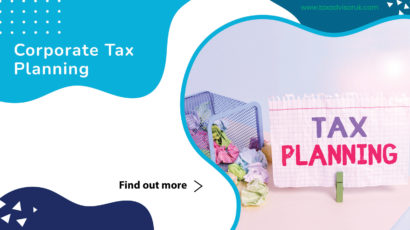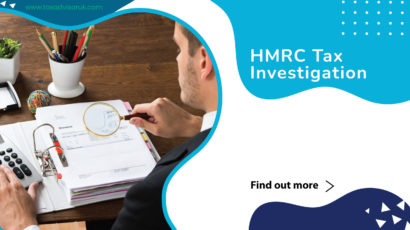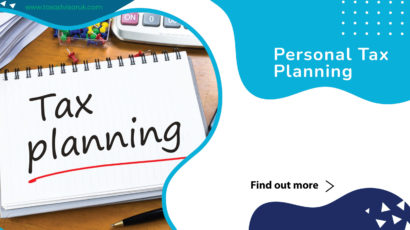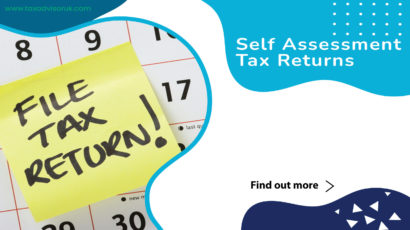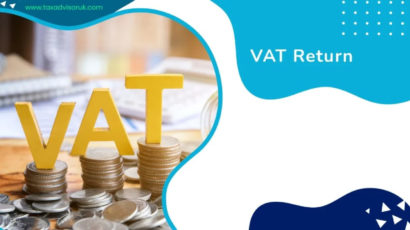The government intends to introduce a new social care fee in April 2022, which will result in tax and NIC rises across the UK. There will be a 1.25 percent increase in NICs on earned income, as well as a 1.25 percent increase in dividend tax rates. The funds received will be used only for health and social care.
The levy will be a new tax distinct from NICs, but updating HMRC’s IT systems will take some time. The cash will be raised first by increasing the NICs rates. A new 1.25 percent surcharge will replace the increase in NICs rates once HMRC systems are updated (expected in 2023-24), and it will also apply to individuals working beyond the State Pension age.
The package, according to Mr Johnson, is the “largest catch-up programme” the NHS has ever seen.
The £12 billion more funds from the new health and social care charge will be used to help the NHS deal with the backlog of patients in the early years. Scotland, Wales, and Northern Ireland will receive £2.2 billion each year from the investment.
How much extra will I have to pay?
Employees and employers liable for Class 1 NICs, as well as self-employed persons liable for Class 4 NICs, will be subject to the Health and Social Care Levy. It will be available starting in April 2022.
An average basic rate employee who earns £20,000 per year will contribute an extra £130 per year. Meanwhile, a typical higher-rate employee earning £80,000 per year will pay an additional £880 per year in taxes.
It’s worth noting that the NIC hike will affect businesses as well, who will have to pay an additional 1.25 percent in employer NICs starting in April 2022.
Employers will be required to pay the tax for employees earning more than the National Insurance Secondary Threshold, which is £8,840 in 2021-22. From April 20, 2022, existing reliefs will apply to employers of apprentices under the age of 25, all employees under the age of 21, veterans, and new employees in the Freeports.
The Employment Allowance allows qualifying employers to lower their NICs burden by up to £4,000 per year, implying that 40% of small business owners will pay no additional employer NICs, according to the government.
From April 2023, the Health and Social Care Levy will be a distinct tax on earned income, and NICs rates will be decreased as a result of the temporary increase.
Below is an example of how rates are likely to rise for both employees and employers:
| Employee Main / higher rate | Employer | |
| Current NICs rates (2021-22) | 12% / 2% | 13.8% |
| 2022-23 NICs rates | 13.25% / 3.25% | 15.05% |
| Charged on all earnings/profits above: (2021-22 thresholds) | £9,568 | £8,840 |
We have also included a table to show the impact on the Self-Employed:
| Self-employed main / higher rate | |
| Current NICs rates (2021-22) | 9% / 2% |
| 2022-23 NICs rates | 10.25% / 3.25% |
| Charged on all earnings/profits above: (2021-22 thresholds) | £9,568 |
NICs are currently excluded for working seniors over the age of 65. Working pensioners, on the other hand, will be expected to make their 1.25 percent payments to the health and social care levy beginning in April 2023.
Dividend taxes are also expected to climb.
Individuals who receive dividend income will face a larger tax burden, as all dividend tax rates will increase by 1.25 percent beginning in April 2022.
Dividend income over the fixed £2,000 dividend limit and the £12,570 personal allowance is subject to dividend tax. Dividends on assets maintained in Individual Savings Accounts (ISAs) are exempt from the dividend tax.
The basic rate dividend tax will be increased to 8.75 percent in 2022-23, up from 7.5 percent this year. Taxpayers who get a higher rate dividend will be charged 33.75 percent instead of 32.5 percent, and additional rate dividend taxpayers will be charged 39.35 percent instead of 38.1 percent:
Dividend Tax Rates
| Basic Rate | Higher Rate | Additional Rate | |
| Current dividend tax rates (2021-22) | 7.5% | 32.5% | 38.1% |
| 2022-23 dividend tax rates | 8.75% | 33.75% | 39.35% |
Many small business owners who operate through limited liability firms will pay themselves a modest PAYE income and the rest in dividends. This tax hike on dividend income comes on the heels of the announcement that Corporation Tax will be raised as well.
Corporation Tax is projected to increase from 19 percent to 25 percent in April 2023. For businesses with annual profits of £50,000 or less, the government will introduce a new Small Profits Rate of 19 percent, while businesses with profits of £50,000 to £250,000 will pay tax at the main rate of 25%, reduced by a marginal relief that will result in a gradual increase in their tax rate.
“These pronouncements were made well before the expected Autumn budget and will represent a considerable tax increase for many,” said Daren Moore FCCA, Group Commercial Director at TaxAssist Accountants.
“While many may debate the political ramifications of such a move, the stark reality is that tax increases are widely expected as the economy recovers from Covid-19. We expect there will be more as the government strives to balance its books and boost public-sector investment.
“The problem for all those affected organisations and individuals is to comprehend what these changes would entail and how best to prepare for them.”
If you need assistance redefining the most tax-efficient method to pay yourself as an owner-manager of a small limited company, we can assist you in determining the best course of action for the coming years.
How TaxAdvisor UK can help
At TaxAdvisor UK , our experts will provide you 30 minutes free consultation and help you in managing all your tax and accounting work. Speak to our expert accountants, tax advisor on (0203) 5381276 or fill an online form today. We can have a consultation session over the phone, virtual or face to face meeting and will provide you with a no obligation fixed quote

